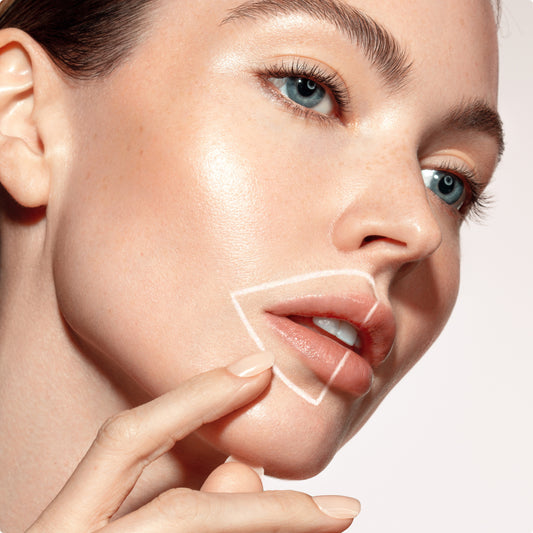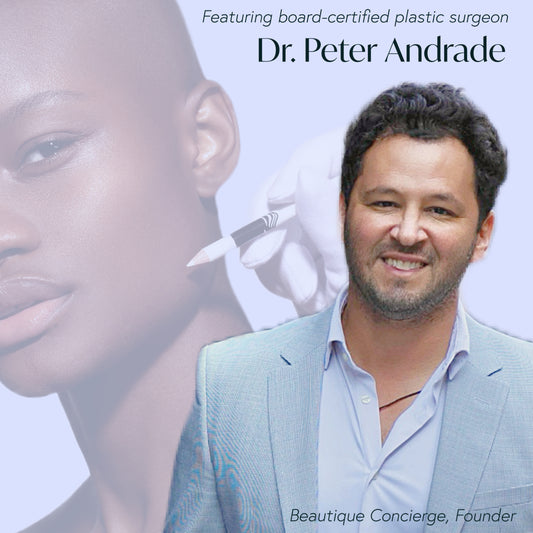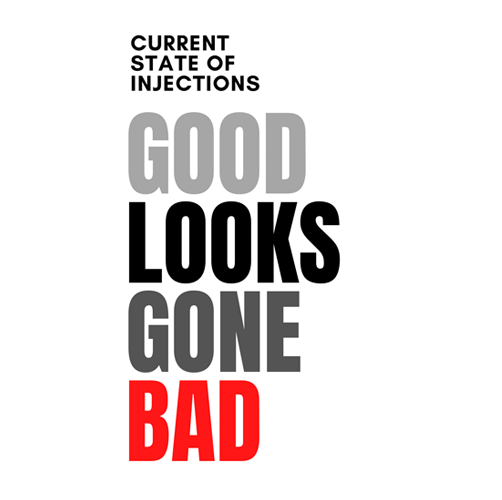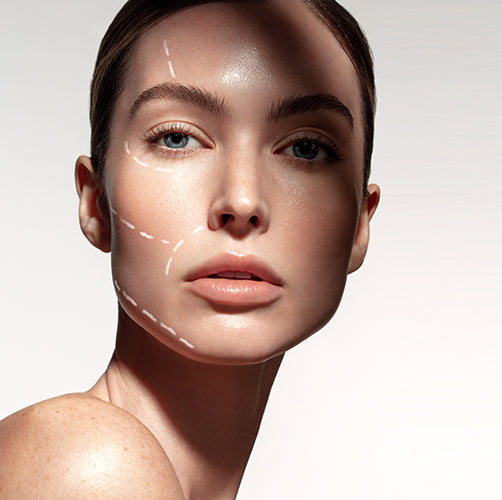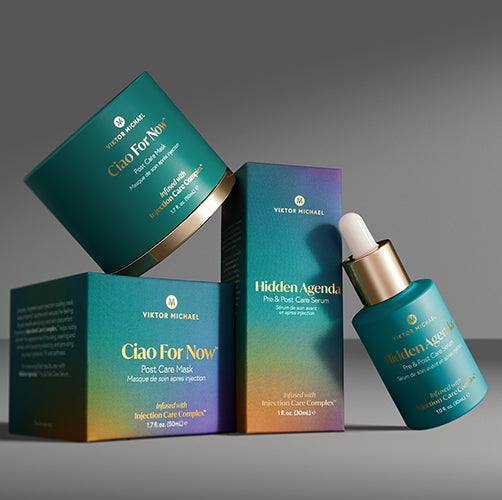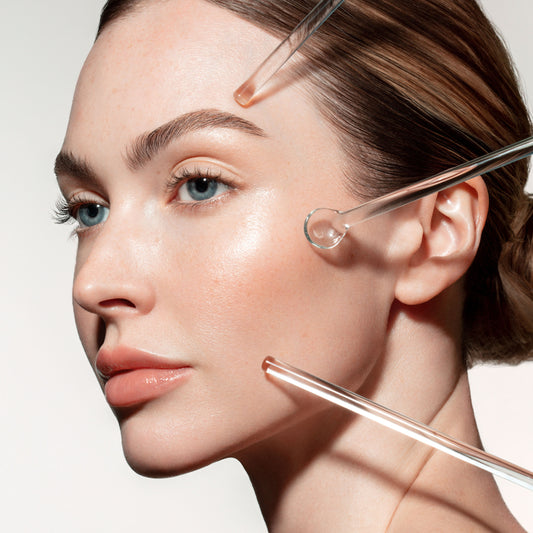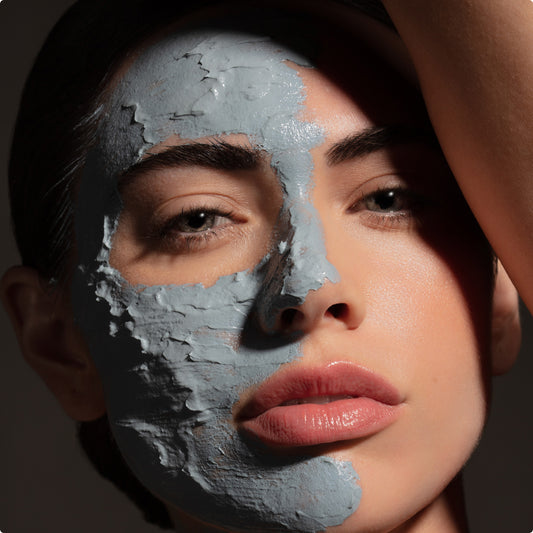In our modern world, particularly in the US, we celebrate the innovators and multi-hyphenate entrepreneurs, the culture shapers and the tastemakers. Whether they be celebrities who continue to create, or creators who evolve into celebrities, we reward these cultural icons with follows, likes and engagement. We even play a small role in steering their careers with our feedback, clap-backs, cancels and praise. We feel intimately connected to their “real lives” because they are seemingly always “on”, creating a constant stream of content that keeps them front and center in our consciousness, and running stealth mode in our subconscious mind.
This is Creator Culture, a way of experiencing and consuming media that feels more immediate, intimate and imitable. For beauty lovers, there’s no end to the inspiration that fills up our feed. From GWRM tutorials to #glamorsham insights and #realresults before and afters, the content today feels instructive, not ‘salesy’. Creators often share the truth about their beauty routines, taking us BTS at the dermatologist’s office, and even opening up about their decision about, preparation for, and recovery from cosmetic procedures.
This is a paradigm shift from the way we used to view influencers, models and celebrities. Remember Maybelline’s slogan “Maybe she’s born with it”? Today we accept that maybe she was, but most likely she paid a premium for a smooth forehead, chiseled cheekbones and plump lips. And that’s perfectly okay. In fact, in countries outside of the US, like Brazil, plastic surgery and cosmetic procedures are not only accepted, but the norm. There’s no stigma for women who seek out these procedures. In fact, the public perception is that they improve one’s self-image and quality of life. (1)
We don’t just believe this to be true, we have seen it time and time again. As medical aesthetic professionals and founders of a leading medical spa, Kucumber Skin Lounge, we have witnessed not just physical transformation, but psychological transformation as well. We know that beauty is not skin deep. And cosmetic procedures, from fillers to facelifts, are not superficial. People seeking cosmetic procedures are often addressing psychosocial issues that deeply impact their lives. The benefits go beyond aesthetics. Studies reveal that patients who undergo cosmetic procedures enjoy improved sex lives, self confidence and self image. (2,3)
Of course, there’s a dark side to social media and the creator culture that can have a negative psychological impact, including content that portrays unrealistic images and reinforces unachievable beauty standards that lead women and young girls to feel worse about themselves, not inspired. AI avatars are just one example. These pixel perfect renderings are so flawless that it’s difficult to not see your human imperfections in sharp contrast. These are the ramifications of the gamification of beauty. And they are real concerns, especially for younger women.
But, at the same time, gamers and technologists have developed innovations that allow us to better predict the outcome of cosmetic procedures, helping to alleviate anxiety and make more rational and less reactive decisions. And the content creators who are de-stigmatizing cosmetic procedures with authentic content are helping to foster more acceptance and more realistic views about individuals who make this choice. As more and more influencers, celebrities and content creators are transparent about their decisions, we believe the entire industry can change for the better. Transparency and authenticity lead to more education, improved support systems and less shame. When we remove shame from the beauty conversation, we can fully celebrate individuality and empower each other to be the creators of our own beauty reality.
Whether you choose to share your beauty journey publicly, or keep your rituals and routines private, Viktor Michael is here to educate, support and empower your own expression of beauty.
References:
1. Edmonds A. A ‘necessary vanity’. The New York Times.
2. Ozgür F, Tuncali D, Güler Gürsu K. Life satisfaction, self-esteem, and body image: A psychosocial evaluation of aesthetic and reconstructive surgery candidates. Aesthetic Plast Surg.
3. Bolton MA, Pruzinsky T, Cash TF, Persing JA. Measuring outcomes in plastic surgery: Body image and quality of life in abdominoplasty patients. Plast Reconstr Surg.
